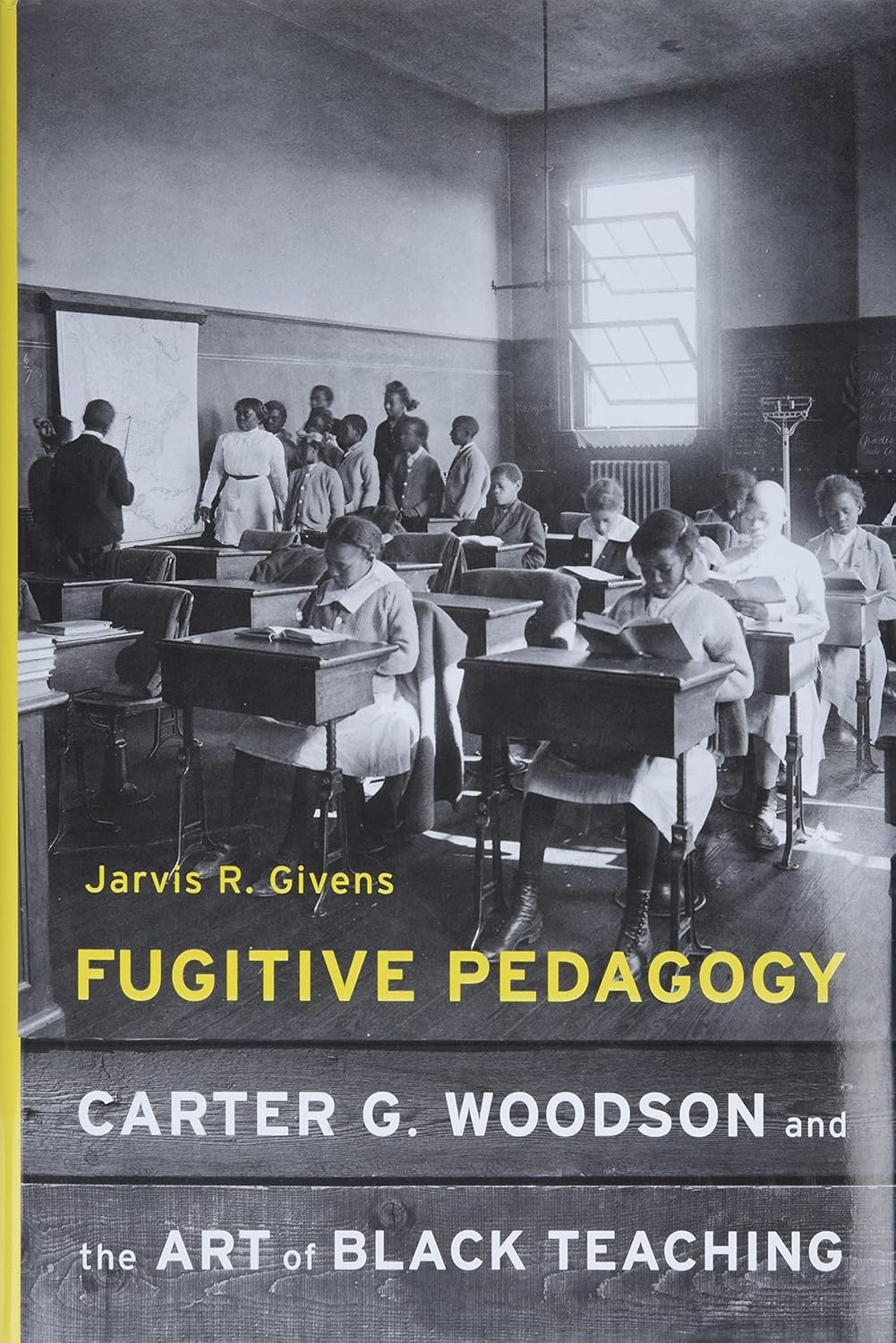Before Emancipation, the enslaved had to gain their education by “snatching learning in forbidden fields,” as Woodson characterized it. The black abolitionist and teacher Francis Ellen Watkins Harper explained that some tried “to steal a little from the book. And put words together, and learn by hook or crook.” Acquiring knowledge was a criminal act. As Frederick Douglass’s master put it, a slave who learned to read and write against the will of his master was tantamount to “running away with himself.” Stealing one’s self in this way meant that the literate slave was a fugitive slave: to secretly acquire literacy—for religious, practical, and intellectual ends (or, perhaps, especially as leisurely activity)—was akin to black flight from the sites of their enslavement.
Antiliteracy laws targeting black people were older than the United States itself. The first law of this kind was a slave code enacted in 1740 in reaction to the Stono Slave Rebellion of 1739 in South Carolina. This code, which was meant to improve surveillance of the enslaved, listed writing among other illegal activities. Black people’s disallowance from the realm of educational opportunity anteceded the birth of the nation. This prohibition was absorbed into the dominant ideology of the nation, even as American common schools were established after American independence for the purpose of training a responsible citizenry; thus, conceptions of citizenship emerged as a metonym for whiteness. The antiblack sentiments that justified slavery justified excluding black Americans from citizenship and from schools—this antagonism was not an anomaly but was, in fact, a structural feature.
Antiliteracy laws and the intellectual surveillance that accompanied them left great marks on the politics of black education. They enforced the idea that blacks were outside the social contract of American society—inconceivable as fully human, citizen, or student. Many enslaved and free blacks subverted these legal mandates by acquiring literacy through fugitive tactics—leaving a mark of equal or greater consequence.While the overwhelming majority of blacks were illiterate under slavery, approximately 10 percent learned to read and/or write; suggesting that literate slaves were not so unusual as to be unknown to other blacks. These literate slaves were recognized as leaders with a practical skill set that benefitted their community.
